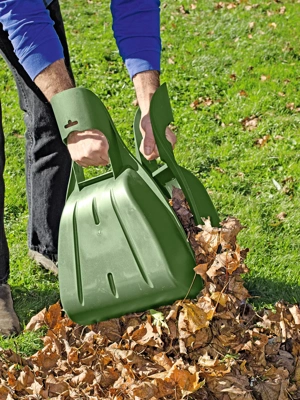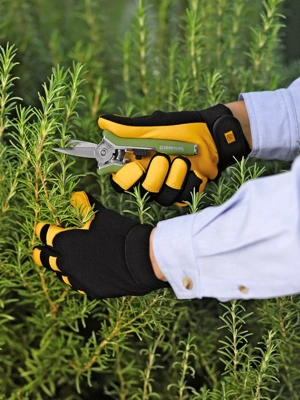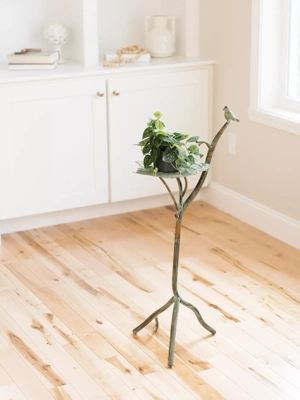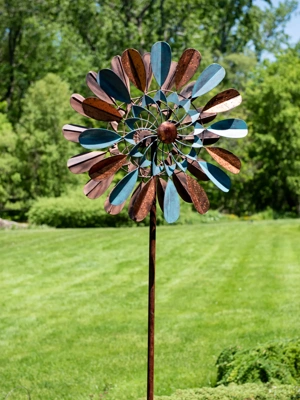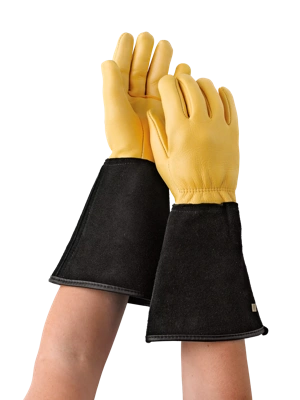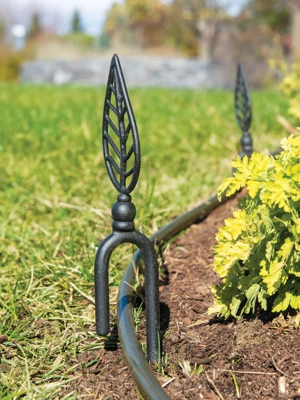After the Fall, Get Shredding
Shred your leaves, feed your garden
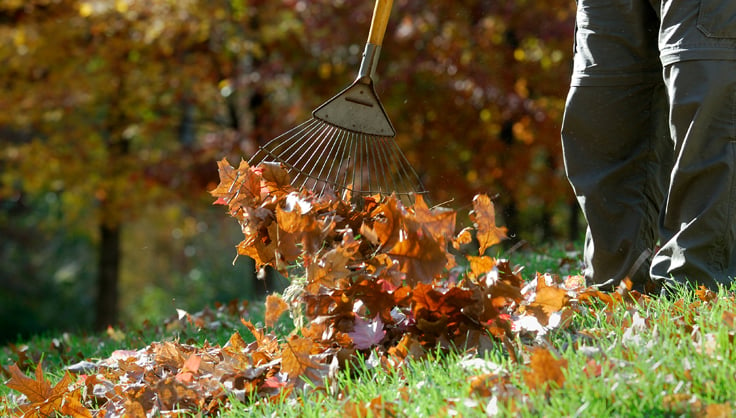
Fall leaves contain loads of plant nutrients. If they're left in a big pile, the leaves break down slowly and take up lots of room.
Rejoice in the piles of nutrient-rich leaves that trees generously shed every autumn — they're a gift for your garden! Instead of seeing them as a raking chore, view those leaves as a free source of fertilizer, mulch and more.
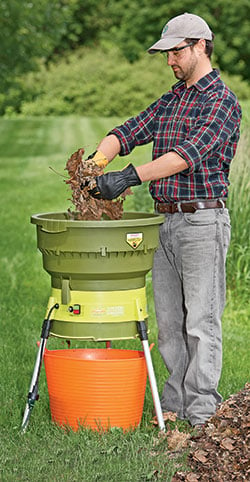
The Electric Leaf Shredder dramatically reduces the volume of leaves, converting up to 16 bags of leaves into 1 bag of shredded leaves.
Fall leaves become even more valuable when you shred them. That's because, left whole, leaves can create dense, slimy mats that block air and water, suffocating the plants and soil underneath them. Plus, whole leaves take their time decomposing in the compost pile. Using a leaf shredder solves these problems and opens more possibilities for making the most of your leaves.
As a source of nutrients in perennial gardens: The longer leaves sit on the lawn, the more nutrients they lose through leaching. By raking leaves as soon as they fall and then shredding and spreading them in perennial beds, all those nutrients will enter the soil right where plants need them.
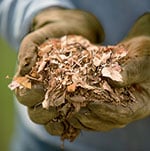
Shredded leaves
As a winter mulch for perennials, roses and shrubs: Shredded leaves create a fluffy mulch that protects plants against extreme cold and insulates them from fluctuating winter temperatures that can cause plants to break dormancy too early. Shredded leaves are an ideal insulating mulch to use with our Rosy Cozy, Pop-Up Plant Protectors and Row Crop Protector.
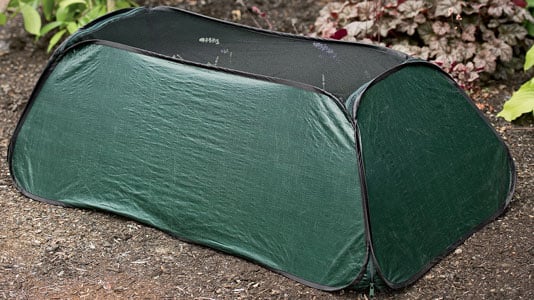
The easy-to-install Row Crop Protector protects a 4' row of plants
In the vegetable garden: In late fall, cover cool-season vegetables with a thick blanket of shredded leaves to insulate them, prolonging the harvest into winter. Layer shredded leaves over empty beds to deter winter weeds and help prevent the soil from compacting during heavy rains.
To improve soil drainage and water-holding capacity: As they decompose, shredded leaves build soil humus, which helps loosen heavy clay soil and improves the water-holding capacity of sandy soil. To speed decomposition, use a garden fork to incorporate the leaves into the top 6-8" of soil.
In the compost pile: Shredding dramatically increases the surface area of the leaves, so they decompose much faster. Rich in carbon, fall leaves are perfect for layering with nitrogen-rich grass clippings and kitchen scraps.
Related Articles
Last updated: 12/08/2022
Print this Article:
Related items
Get the Dirt
Stay up to date on new articles and advice. Please fill out the information below.


